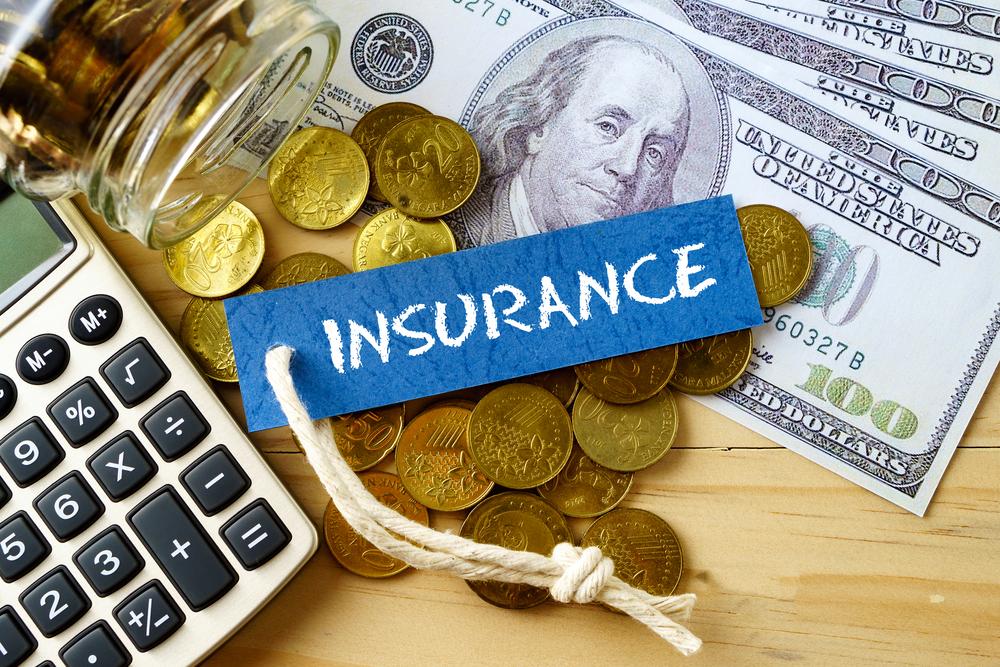Comprehensive Guide to Flood Insurance You Should Know
Learn everything about flood insurance, including NFIP policies, coverage options, and the importance of safeguarding your property from flood damage. Understand the nuances of flood insurance and why it's vital even in low-risk areas for comprehensive financial protection.

Comprehensive Guide to Flood Insurance You Should Know
Flooding is a natural disaster that can cause extensive damage and disrupt daily life. Homes and belongings are at risk of destruction during such events. Planning financially for floods is crucial, regardless of risk levels. Surprisingly, about 20% of flood insurance claims originate from areas considered low to moderate risk. Standard homeowners' policies do not cover floods, making dedicated flood insurance essential. The primary option is the National Flood Insurance Program (NFIP), offering two types of policies you can select from or combine.
The first policy insures your property up to $250,000, covering the structure itself, while the second offers up to $100,000 for personal belongings. For coverage exceeding $250,000, additional policies may be necessary. Lenders typically require flood insurance when providing mortgages in high-risk zones to mitigate their risk.
The NFIP building policy covers rebuilding costs or the current market value, whichever is lower. It includes coverage for your home’s foundation, HVAC systems like furnaces and air conditioners, water heaters, electrical and plumbing systems, built-in kitchen appliances, permanent carpeting, window coverings, detached garages, debris removal, and water heaters.
The personal property policy from NFIP covers clothing, electronics, furniture, curtains, window AC units, carpets not included in the building policy, portable appliances like microwaves and dishwashers, washers/dryers, freezers, and frozen food. It can also cover valuables such as jewelry and furs up to approximately $2,500. Coverage is based on cash value rather than original purchase price.










